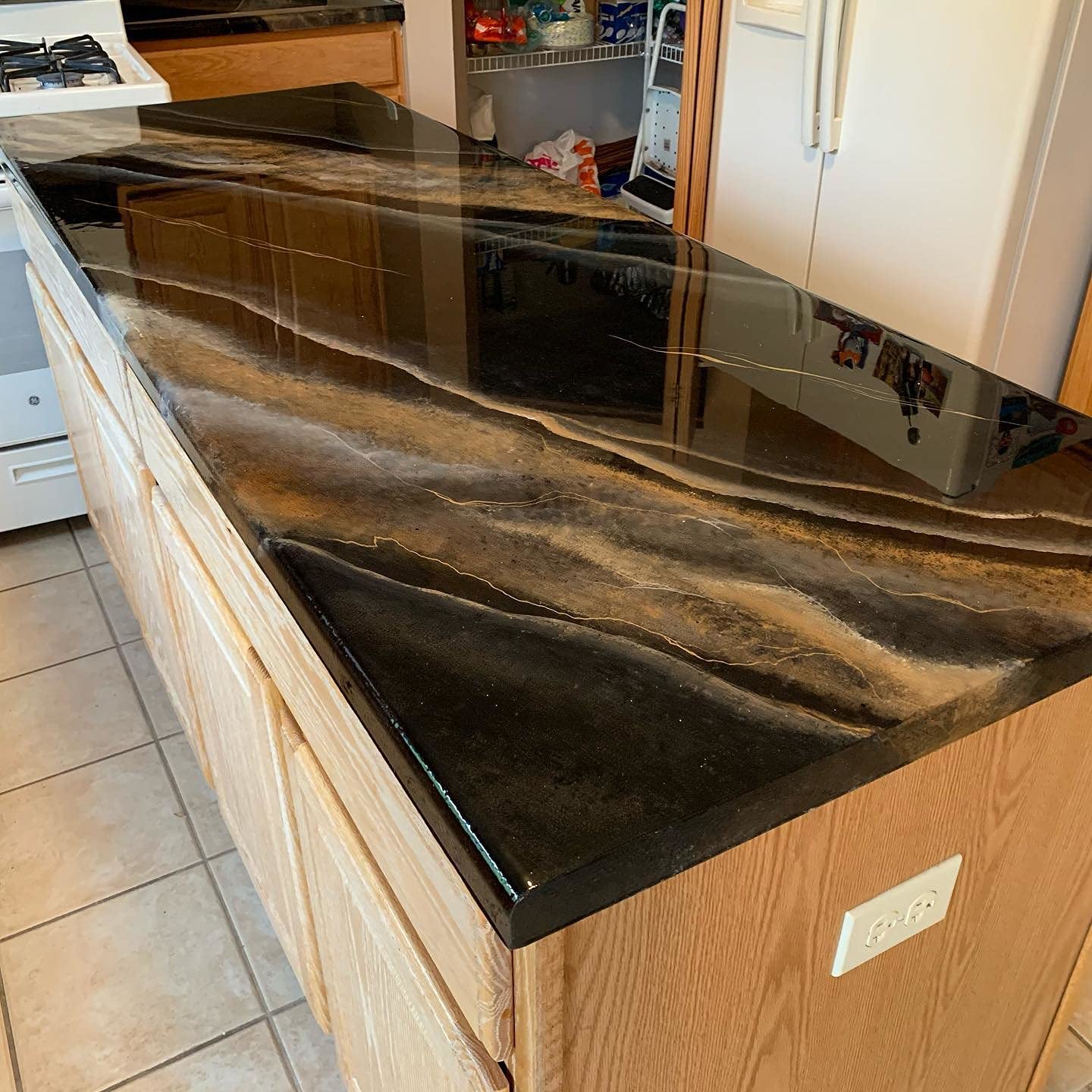

Articles
How Much Does It Cost To Do Epoxy Countertops
Modified: January 6, 2024
Find out the average cost of epoxy countertops in this informative article. Get tips and ideas on how to budget for your next countertop project.
(Many of the links in this article redirect to a specific reviewed product. Your purchase of these products through affiliate links helps to generate commission for Storables.com, at no extra cost. Learn more)
Introduction
Welcome to our comprehensive guide on epoxy countertops! Epoxy countertops have gained significant popularity in recent years due to their durability, versatility, and sleek modern look. Whether you’re planning a kitchen remodel or upgrading your bathroom, epoxy countertops can transform any space into a stunning focal point.
In this article, we will delve into the world of epoxy countertops and discuss everything you need to know, including the factors that affect the cost of installing this trendy surface. We will provide you with a detailed breakdown of both material and labor costs, as well as any additional expenses you may incur during the installation process.
Before we dive into the cost considerations, let’s first gain a better understanding of what epoxy countertops are and what makes them such an appealing option for homeowners.
Key Takeaways:
- Epoxy countertops offer durability, versatility, and easy maintenance, but the cost of installation varies based on factors like size, material choice, and contractor expertise. Understanding these factors is crucial for budgeting and planning a successful project.
- When considering epoxy countertop installation, it’s essential to factor in material costs, labor expenses, and potential additional costs like repairs, customization, and transportation. Consulting with experienced contractors and suppliers for accurate quotes is key to creating a comprehensive budget.
Read more: How Much Does An Epoxy Garage Floor Cost
Understanding Epoxy Countertops
Epoxy countertops are a type of surface made from a combination of epoxy resin and a hardener. This mixture creates a durable and glossy finish that is resistant to stains, heat, and scratches. The epoxy is poured onto a prepared surface, such as wood, concrete, or laminate, and then cured to create a solid and seamless countertop.
One of the key advantages of epoxy countertops is their versatility. They can be customized to fit any design aesthetic, thanks to a wide range of color palettes, patterns, and finishes. Whether you prefer a sleek and modern look or a bold and vibrant design, epoxy countertops offer endless possibilities for creating a unique and personalized space.
Another benefit of epoxy countertops is their durability. They have a high resistance to chemicals, making them ideal for kitchens and bathrooms where spills and messes are common. Additionally, epoxy countertops are heat-resistant, allowing you to place hot pots and pans directly on the surface without worrying about damage.
Furthermore, epoxy countertops are hygienic and easy to clean. The non-porous surface prevents the buildup of bacteria, mold, and mildew, making them a safe and sanitary choice for food preparation areas. With a simple wipe-down using a mild soap and water solution, your epoxy countertop will remain pristine and shiny for years to come.
While epoxy countertops offer numerous benefits, it’s essential to consider the cost factors associated with their installation. Understanding these factors will help you determine an accurate budget and ensure a successful countertop project.
Factors Affecting the Cost
Several factors come into play when determining the cost of installing epoxy countertops. Understanding these factors will give you a clear idea of what to expect and help you make informed decisions about your countertop project.
1. Size of the Countertop: The size of the countertop is a significant factor in determining the cost. Larger countertops require more materials and labor, resulting in higher expenses. Additionally, if your countertop has intricate shapes or angles, it may require additional labor and expertise to ensure a seamless installation.
2. Material Choice: The type of epoxy, as well as any additional materials used, can impact the cost. Premium epoxy brands and higher-quality pigments will increase the overall cost. Similarly, if you choose to incorporate additional elements such as metallic flakes or decorative stones, the cost will also rise.
3. Surface Preparation: The condition of the existing surface plays a role in the cost of installing epoxy countertops. If the surface requires extensive repairs, such as patching or sanding, additional labor and materials will be needed, thus increasing the overall cost. It’s essential to properly prepare the surface to ensure a smooth and long-lasting installation.
4. Complexity of Design: The complexity of the design you choose for your epoxy countertops can influence the cost. Intricate patterns, multiple colors, or specialty finishes may require expert craftsmanship and additional time, resulting in higher labor costs.
5. Location: The cost of living in your area can impact the overall cost. Labor rates can vary significantly from one region to another. It’s essential to research and obtain quotes from local contractors to get a better understanding of the cost implications in your specific location.
6. Contractor Experience: The experience and expertise of the contractor you choose can also affect the cost. More experienced contractors may charge higher rates due to their knowledge and reputation. While it may be tempting to opt for a lower-priced contractor, it’s crucial to consider their level of expertise and quality of workmanship to ensure a successful installation.
By considering these factors and discussing them with your contractor, you can better understand the cost breakdown for your epoxy countertop installation. Next, let’s explore the materials and equipment required for the project.
Materials and Equipment
When it comes to installing epoxy countertops, there are specific materials and equipment required to ensure a successful and professional-looking result. Understanding what you’ll need can help you budget accordingly and ensure you have everything on hand for the installation process.
1. Epoxy Resin and Hardener: The primary materials needed for epoxy countertops are epoxy resin and a hardener. These two components are mixed together to create the liquid solution that will harden into a solid surface. It’s crucial to choose a high-quality epoxy resin that is specifically designed for countertops to achieve the best results.
2. Pigments and Additives: To add color and customization to your epoxy countertops, you’ll need pigments and additives. These can include metallic powders, mica flakes, or even glitter for a unique and eye-catching design. The choice of pigments and additives will depend on your desired aesthetic and can impact the overall cost.
3. Surface Prep Materials: Properly preparing the surface is essential for a successful epoxy countertop installation. You may need materials such as sandpaper, putty, and primer to ensure a smooth and clean surface before applying the epoxy resin.
4. Mixing Containers and Tools: You’ll need proper containers and tools for mixing the epoxy resin and hardener. These can include plastic buckets, mixing sticks, and measuring tools to ensure accurate ratios when combining the components. It’s important to follow the manufacturer’s instructions regarding mixing times and ratios for optimal results.
5. Application Tools: Depending on the desired outcome, you may need various application tools to apply the epoxy resin onto the countertop surface. This can include brushes, rollers, or even a trowel for more intricate designs. Make sure to select tools that are appropriate for the size and complexity of your project.
6. Protective Gear: Working with epoxy resin requires proper safety precautions. You’ll need protective gear such as gloves, goggles, and a respirator to protect yourself from fumes and potential skin irritation. It’s vital to prioritize your safety during the installation process.
7. Curing and Finishing Materials: Once the epoxy resin is applied, it will need time to cure and harden. You may need curing agents, such as heat lamps or a curing chamber, to accelerate the curing process. Additionally, you’ll need finishing materials such as sandpaper or a polishing compound to achieve a smooth and glossy surface.
By ensuring you have the necessary materials and equipment before starting your epoxy countertop project, you can ensure a smoother installation process and achieve the desired end result. Next, let’s explore the labor costs associated with this type of project.
When budgeting for epoxy countertops, consider the size of the area, the quality of materials, and the complexity of the design. Prices can range from $50 to $125 per square foot.
Labor Costs
Installing epoxy countertops is a specialized task that requires skilled labor to ensure a professional and flawless finish. The labor costs associated with epoxy countertop installation will depend on various factors, including the size and complexity of the project, as well as the experience and expertise of the contractor.
1. Preparation: The labor costs for epoxy countertop installation typically include the surface preparation work. This can involve patching any holes or imperfections, sanding the surface to create a smooth base, and applying a primer if necessary. The amount of labor required for preparation will depend on the condition of the existing surface.
2. Mixing and Applying Epoxy: The labor costs also account for the mixing and application of the epoxy resin. This includes properly measuring and mixing the resin and hardener according to the manufacturer’s instructions, as well as applying the mixture onto the countertop surface. The labor cost may vary depending on the complexity of the design and any additional techniques involved, such as creating swirls or incorporating decorative elements.
3. Curing and Finishing: After the epoxy resin is applied, it needs time to cure and harden. The labor costs may include monitoring the curing process and ensuring the conditions are optimal for proper curing. Additionally, once the epoxy is cured, the countertops may require sanding, polishing, and finishing touches to achieve a smooth and glossy surface. These tasks may also be included in the labor cost.
4. Clean-up and Post-Installation: Once the epoxy countertops are installed and finished, there will be clean-up tasks involved. This can include removing any excess epoxy, cleaning the surrounding area, and restoring the space to its previous condition. The labor costs may also cover any post-installation services, such as providing instructions for care and maintenance or addressing any concerns or touch-ups that may be needed.
The labor costs for epoxy countertop installation will vary depending on the region, the contractor’s level of experience, and the complexity of the project. It’s always a good idea to obtain multiple quotes from reputable contractors to ensure competitive pricing and high-quality workmanship.
Additionally, it’s important to communicate your expectations and desired outcome with the contractor to ensure they understand the scope of the project and can provide an accurate estimate of the labor costs involved.
Next, let’s explore additional expenses that may factor into the overall cost of epoxy countertop installation.
Additional Expenses
When budgeting for epoxy countertop installation, it’s important to consider any additional expenses that may arise during the process. These expenses can vary depending on your specific project and customization choices. Here are some common additional expenses to keep in mind:
1. Removal and Disposal: If you’re replacing existing countertops, there may be costs associated with removing and disposing of the old materials. This can include demolition, disposal fees, and any necessary repairs to the underlying structure.
2. Repairs and Preparations: Depending on the condition of the existing surface, you may need to invest in repairs or additional preparations before the epoxy can be applied. This can include filling cracks, leveling uneven surfaces, or reinforcing weak areas. The cost of these repairs will depend on the extent of the damage and the materials needed.
3. Customization and Upgrades: If you’re looking to add unique features or upgrades to your epoxy countertops, such as embedded LED lights or custom edging, there may be additional costs. These customization options can enhance the overall look and functionality of your countertops, but they may add to the total expense.
4. Sealing and Maintenance: While epoxy countertops are generally low-maintenance, you may choose to invest in a sealing product or regular maintenance services for added protection and longevity. These products and services may come at an additional cost but can help extend the lifespan of your countertops and keep them looking their best.
5. Homeowners Association Approval: If you live in a community governed by a homeowners association (HOA), you may need to obtain approval for your countertop project. Some HOAs have specific guidelines and approval processes in place, which may include additional fees or paperwork.
6. Transport and Delivery: If you’re purchasing materials or equipment from a supplier, there may be costs associated with transporting and delivering them to your location. This is particularly relevant if you’re working on a larger project that requires a significant amount of epoxy resin or specialty pigments.
It’s important to discuss these additional expenses with your contractor and factor them into your overall budget. By being aware of these potential costs, you can avoid any unexpected surprises and ensure a smoother and more manageable countertop installation process.
Now that we’ve explored the factors affecting the cost, the materials and equipment needed, as well as the labor and additional expenses, let’s break down the total cost of epoxy countertop installation and provide a comprehensive overview.
Total Cost Breakdown
When estimating the total cost of installing epoxy countertops, it’s important to consider all the factors we have discussed, including materials, labor, and additional expenses. Here is a breakdown of the potential costs involved:
1. Materials: The cost of epoxy resin and hardener will depend on the size of your countertops and the brand and quality of the materials you choose. On average, expect to spend between $60 to $150 per gallon of epoxy resin. Additional costs may include pigments, additives, and any specialized materials based on your design preferences.
2. Labor: The labor costs can vary depending on factors such as the size and complexity of the project, the region you’re located in, and the experience of the contractor. On average, labor costs for epoxy countertop installation can range from $30 to $80 per square foot. It’s recommended to obtain quotes from multiple contractors to compare prices and ensure quality workmanship.
3. Additional Expenses: The additional expenses may include removal and disposal of existing countertops, repairs, customization and upgrades, sealing products or maintenance services, HOA approval fees, and transportation and delivery costs. The total amount for these additional expenses can vary greatly depending on your specific project requirements.
It’s essential to note that these figures are general estimates, and the actual cost may vary based on your location, customization choices, and other factors. To get a more accurate cost estimate for your specific project, it’s best to consult with experienced contractors and suppliers who can provide detailed quotes based on your unique requirements.
By considering the materials, labor, and additional expenses, you can create a comprehensive budget for your epoxy countertop installation. Always remember to plan for contingencies and allocate some funds for unexpected costs that may arise during the process.
Ultimately, investing in high-quality epoxy countertops can add significant value to your home, both in terms of functionality and aesthetic appeal. The durability and stunning visual effects of epoxy countertops make them a worthwhile investment that can elevate the look of your kitchen or bathroom for years to come.
As you embark on your epoxy countertop journey, we hope this cost breakdown has given you a clear understanding of what to expect and helps you plan accordingly. Don’t hesitate to seek professional advice and assistance to ensure a successful and satisfying countertop installation experience.
Remember, your epoxy countertops will not only enhance the beauty of your space but also provide you with a durable and long-lasting surface to enjoy for many years.
Now, it’s time to get started and transform your kitchen or bathroom with the modern elegance of epoxy countertops!
Conclusion
Epoxy countertops offer a stunning and durable solution for your kitchen or bathroom remodel. They provide a sleek and modern aesthetic while offering excellent resistance to stains, heat, and scratches. By understanding the factors that affect the cost of epoxy countertop installation, you can better plan and budget for your project.
In this comprehensive guide, we have explored the various components that contribute to the overall cost of installing epoxy countertops. We discussed the versatility and benefits of epoxy countertops, including their customization options, durability, and easy maintenance.
We also delved into the factors that can impact the cost, such as the size of the countertop, material choices, surface preparation, complexity of the design, location, and contractor experience. Understanding these factors allows you to make informed decisions and ensure a successful and cost-effective installation.
Furthermore, we discussed the materials and equipment required for the project, covering epoxy resin, pigments, surface prep materials, mixing and application tools, and protective gear. Knowing what you need in terms of materials and equipment helps you prepare and have everything ready for the installation process.
Additionally, we examined the labor costs associated with epoxy countertop installation, which entail surface preparation, resin mixing and application, curing and finishing, and clean-up. By understanding the labor costs, you can better evaluate quotes from contractors and ensure you’re getting a fair price for their expertise.
Moreover, we explored potential additional expenses that may arise during the installation process, such as removal and disposal, repairs and preparations, customization and upgrades, sealing and maintenance, and HOA approval fees. Being aware of these additional expenses allows you to budget appropriately and avoid any surprises.
Finally, we provided a total cost breakdown, taking into account materials, labor, and additional expenses. It’s crucial to consult with contractors and suppliers to obtain accurate quotes for your specific project, as costs can vary depending on location, customization choices, and other factors.
As you embark on your epoxy countertop installation, remember the value and beauty that this investment can bring to your home. Epoxy countertops offer a durable and stylish surface that will enhance your space for years to come.
We hope that this comprehensive guide has provided you with valuable insights and information, empowering you to make informed decisions and create the epoxy countertop of your dreams. Remember to consult with professionals, plan your budget, and enjoy the journey as you transform your kitchen or bathroom with the elegance of epoxy countertops.
Now, it’s time to turn your vision into reality and create a space that truly reflects your style and personality with the timeless beauty of epoxy countertops!
Frequently Asked Questions about How Much Does It Cost To Do Epoxy Countertops
Was this page helpful?
At Storables.com, we guarantee accurate and reliable information. Our content, validated by Expert Board Contributors, is crafted following stringent Editorial Policies. We're committed to providing you with well-researched, expert-backed insights for all your informational needs.
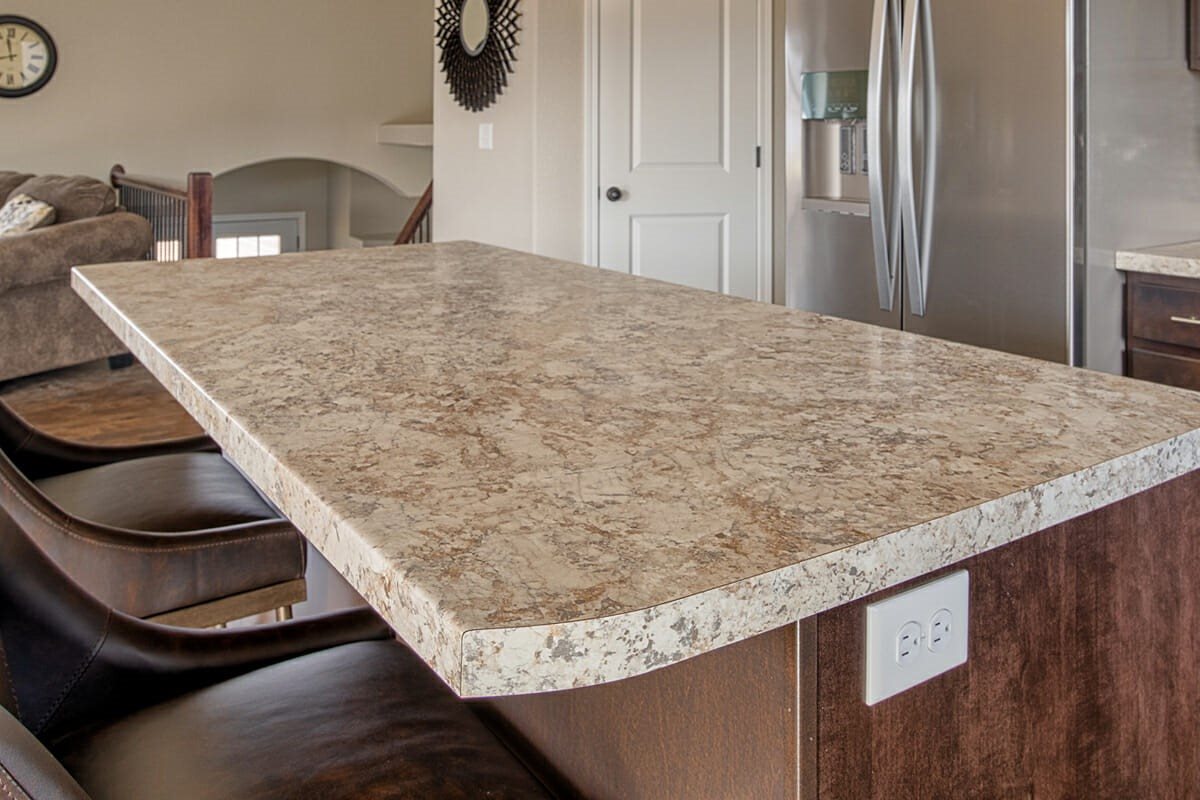
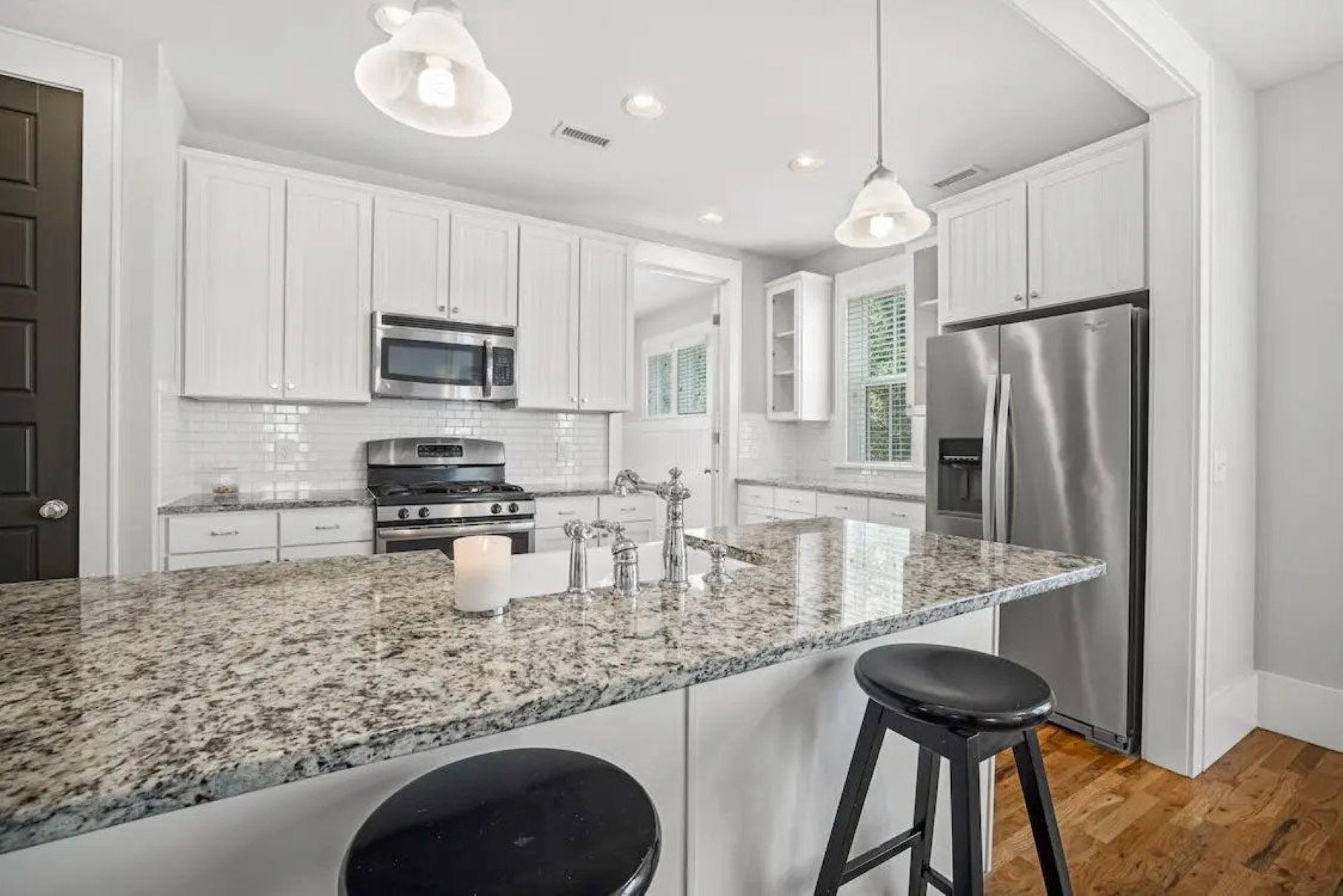
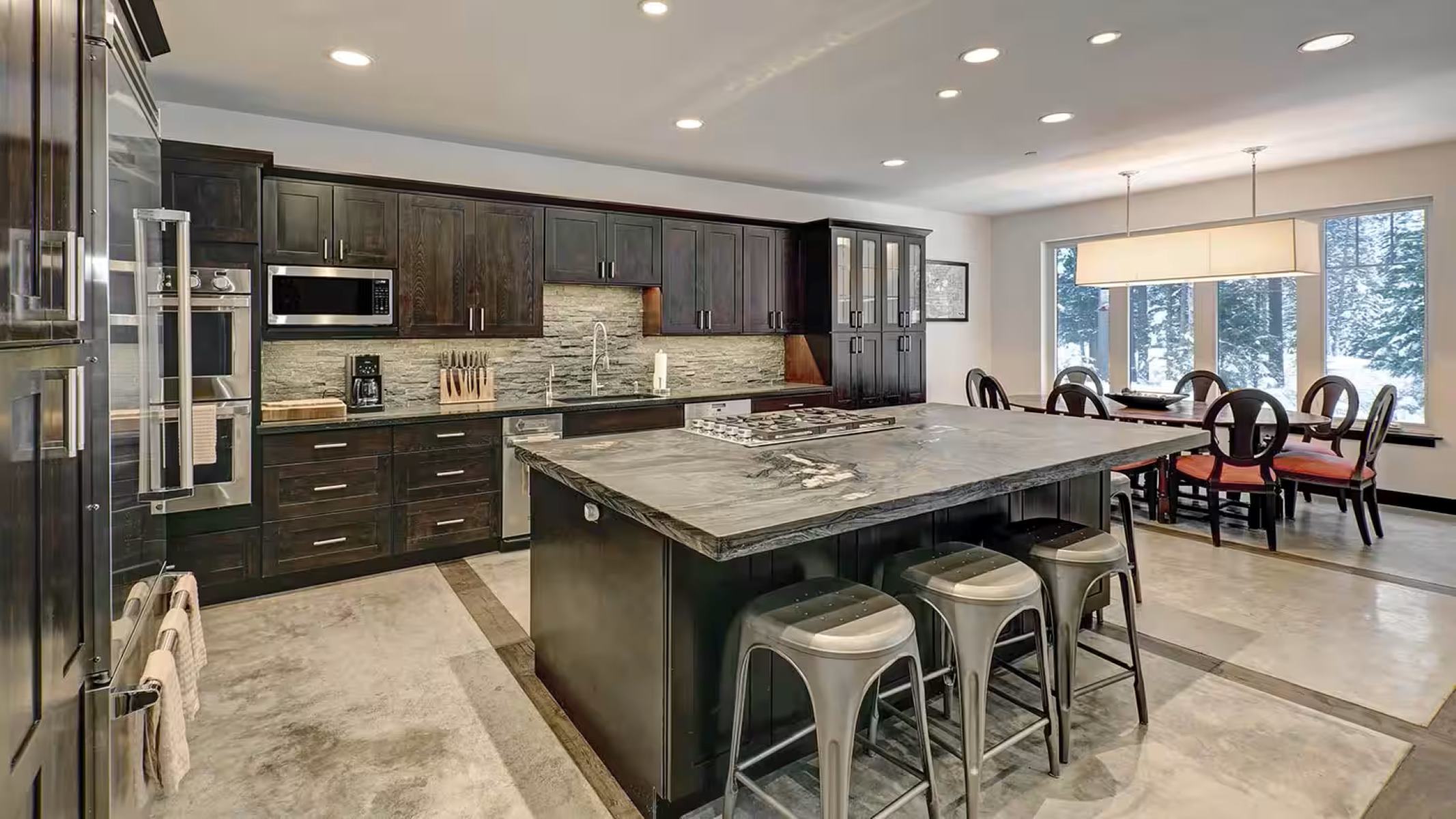
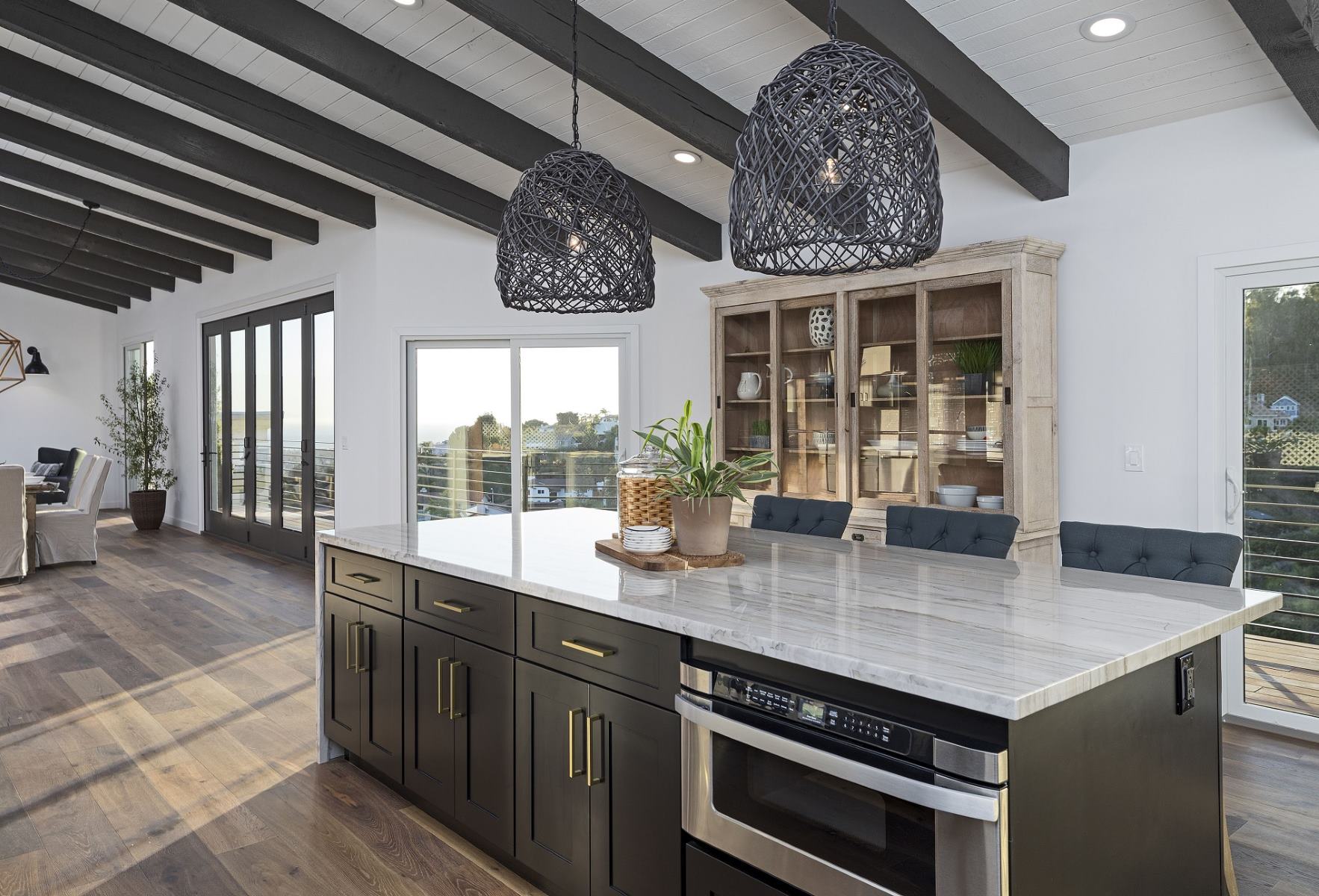
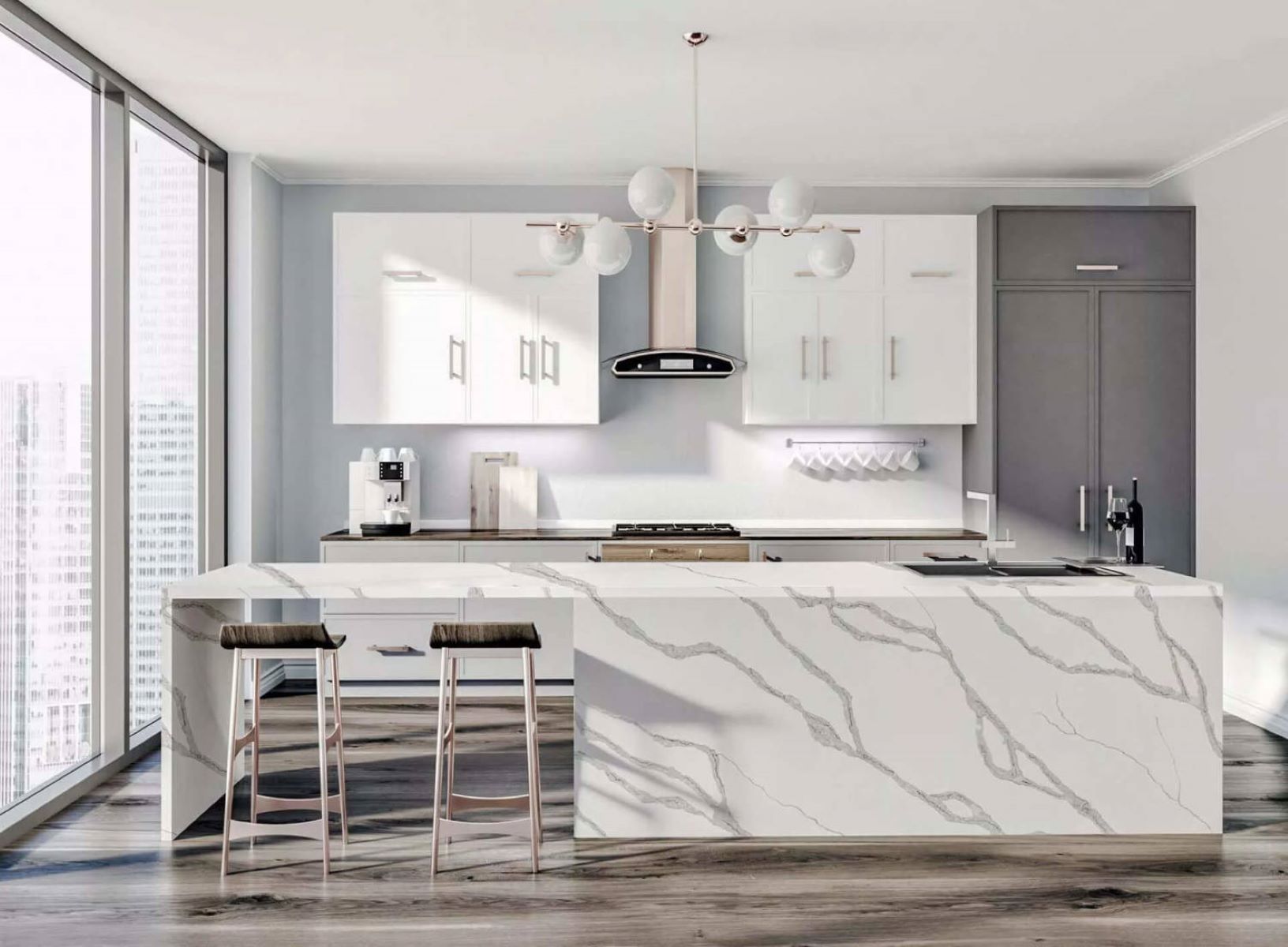
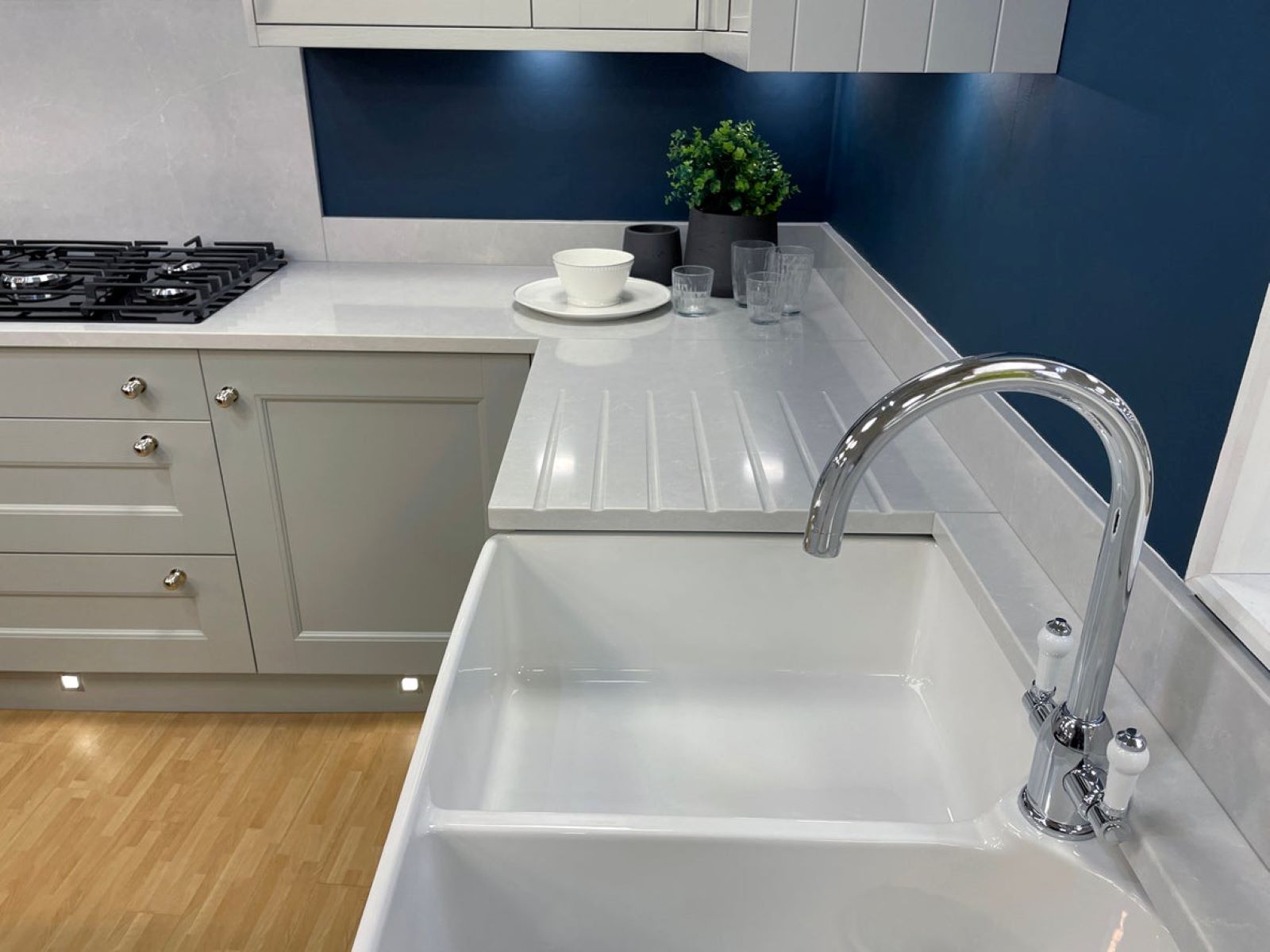
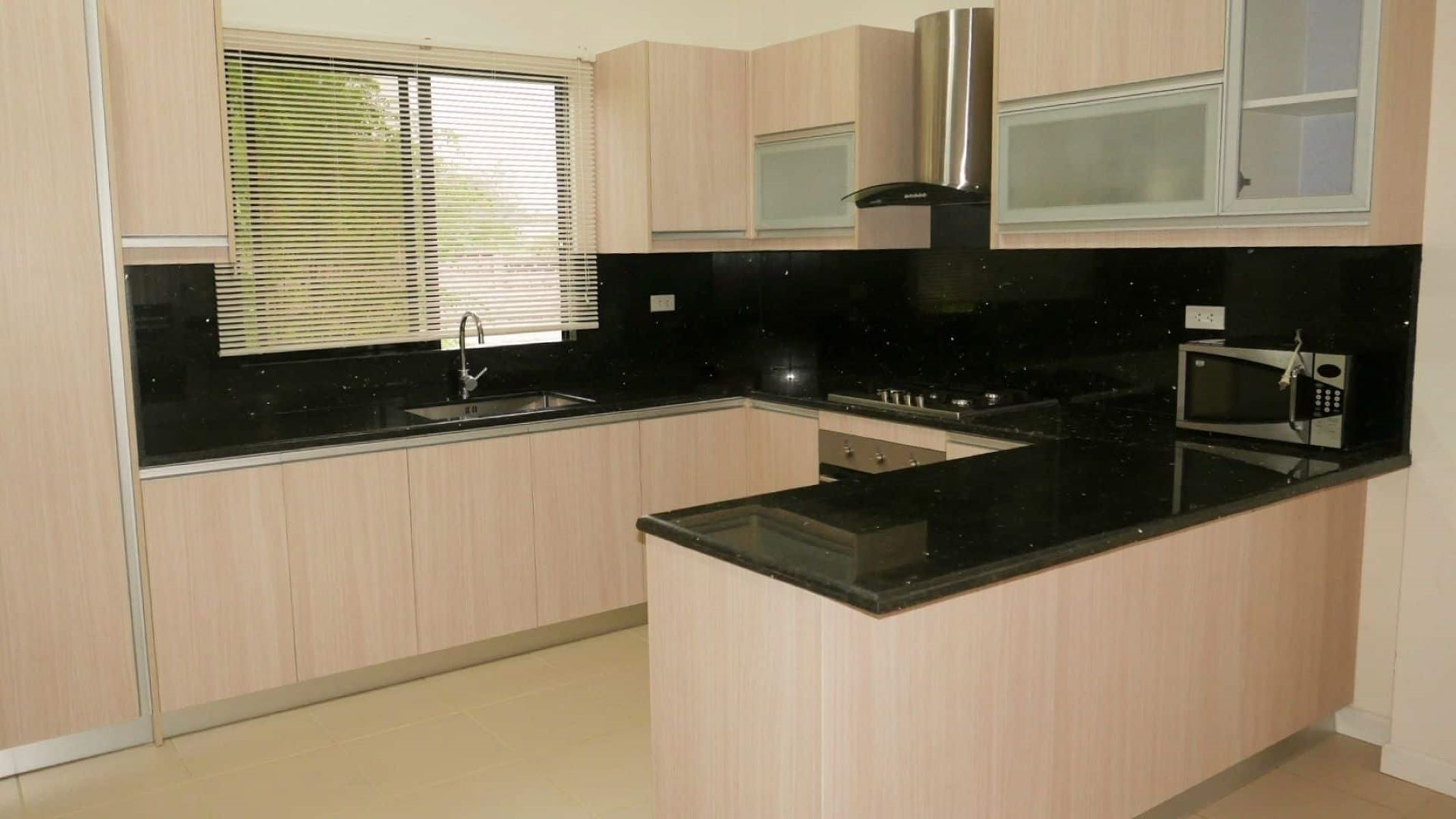
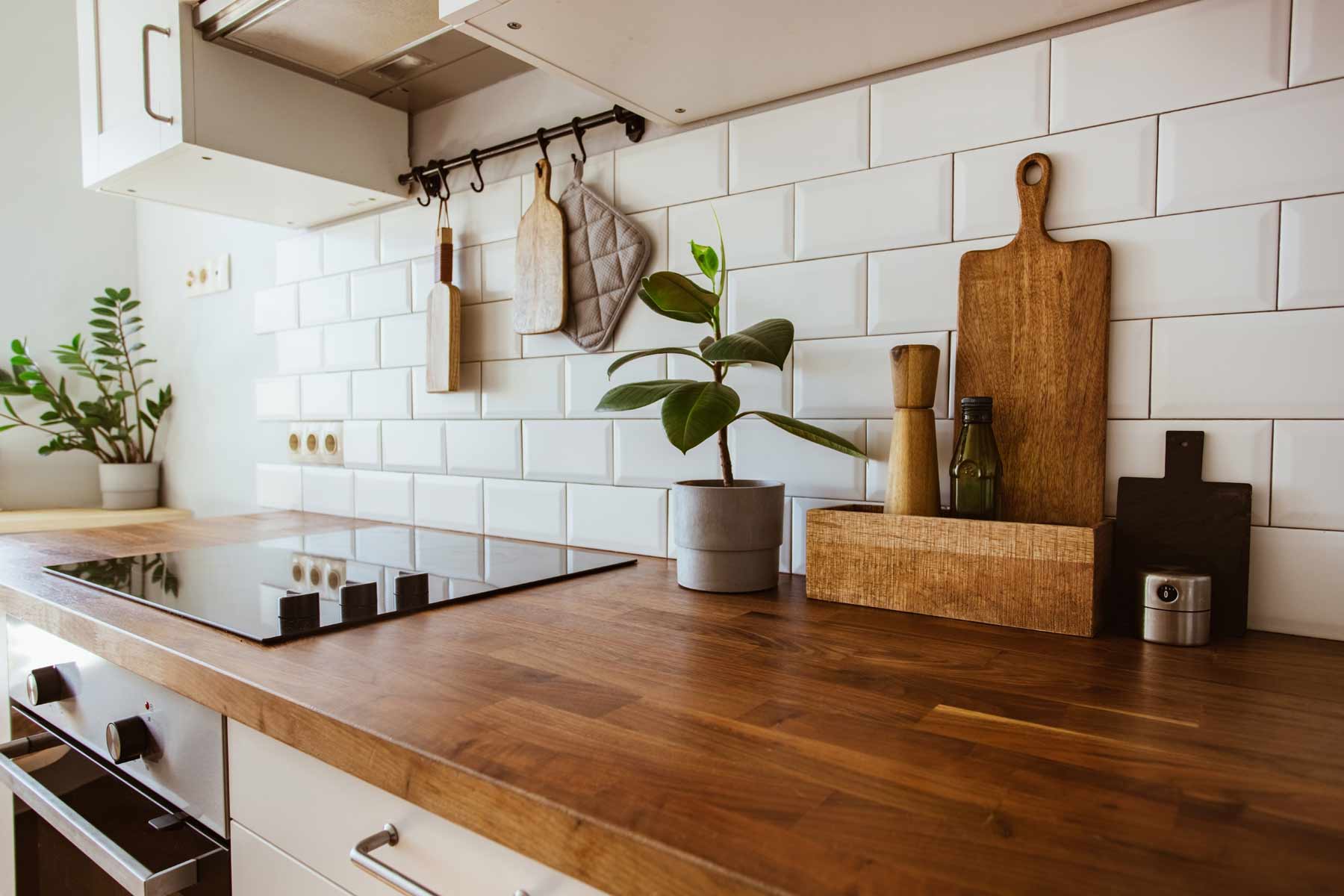
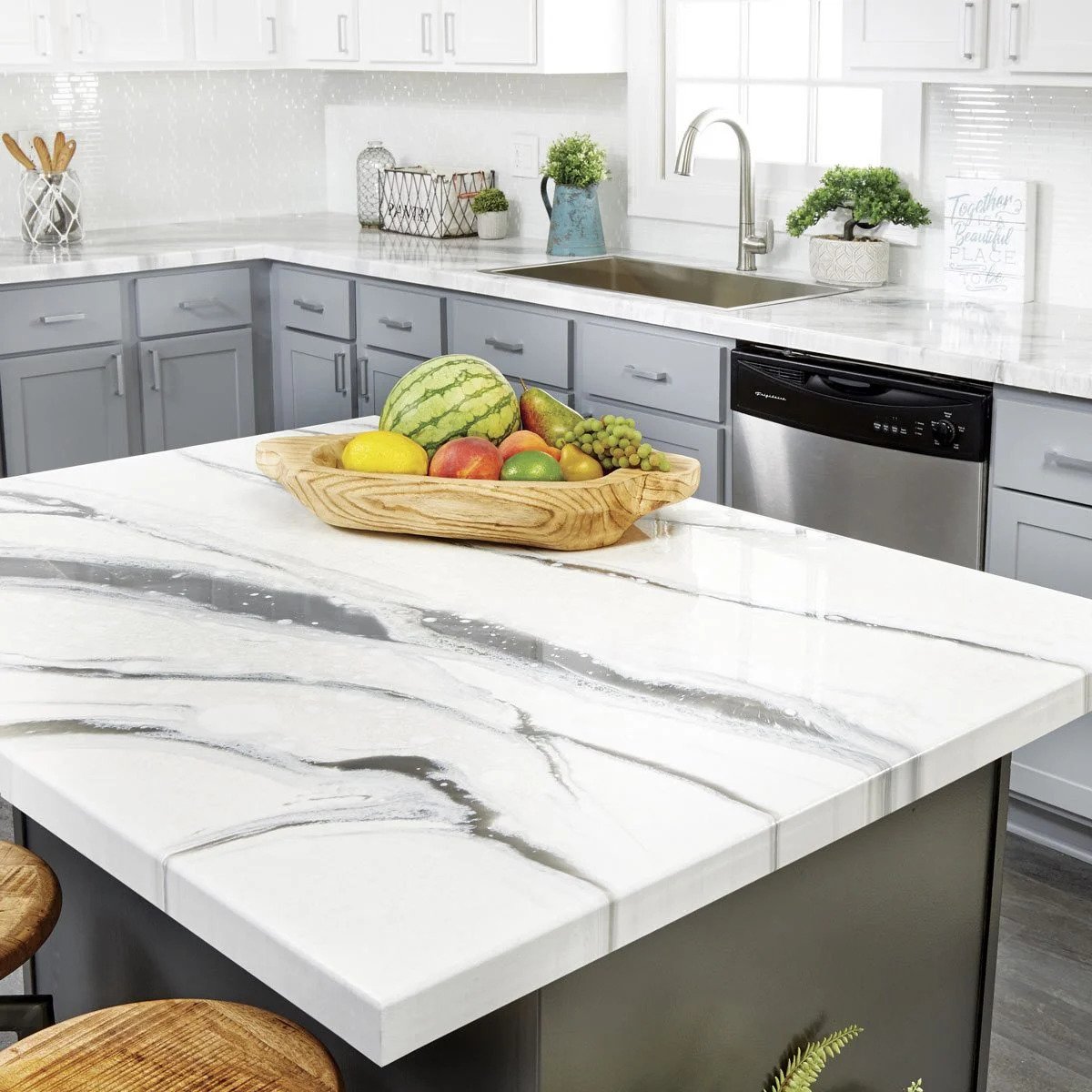
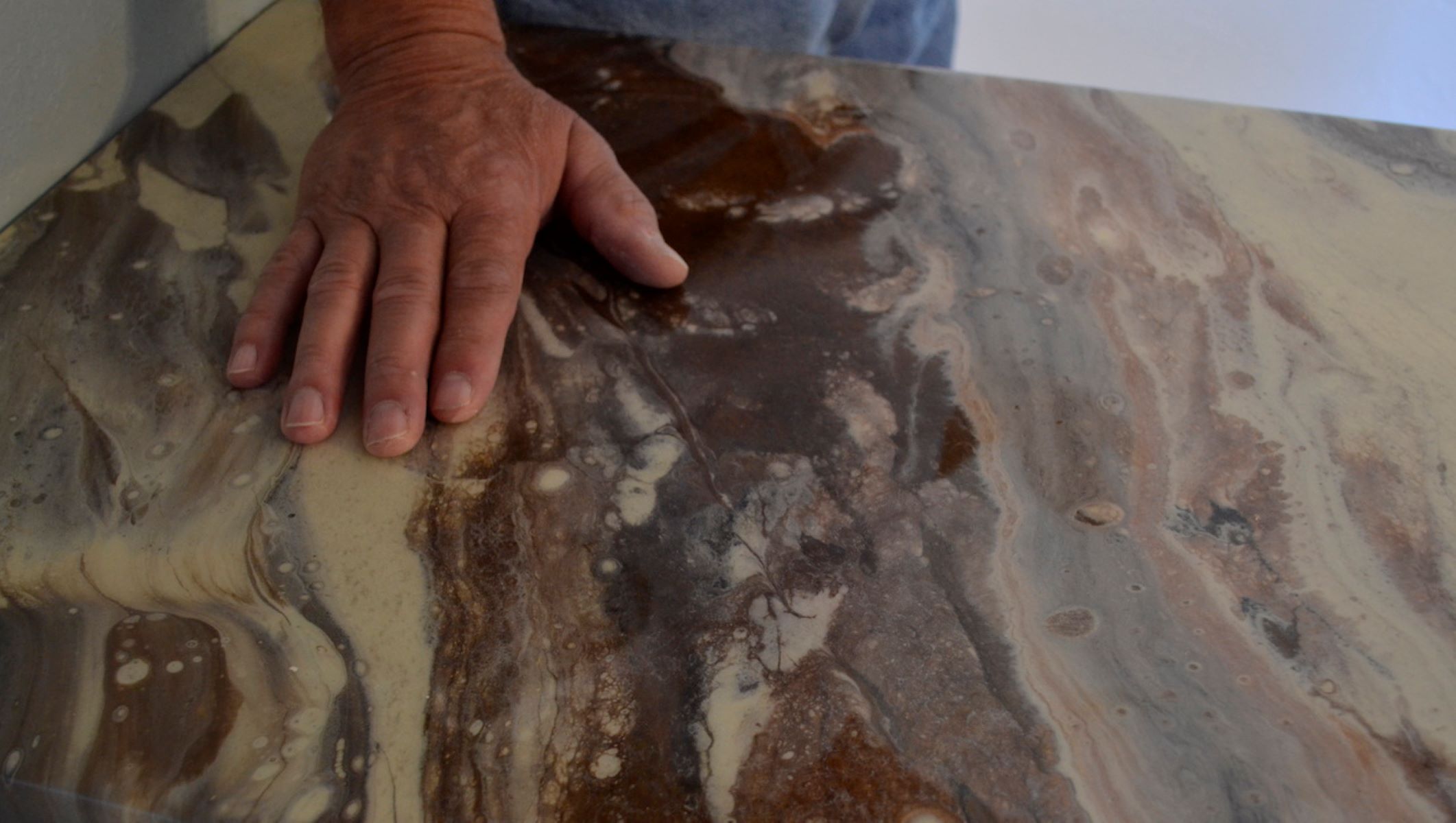
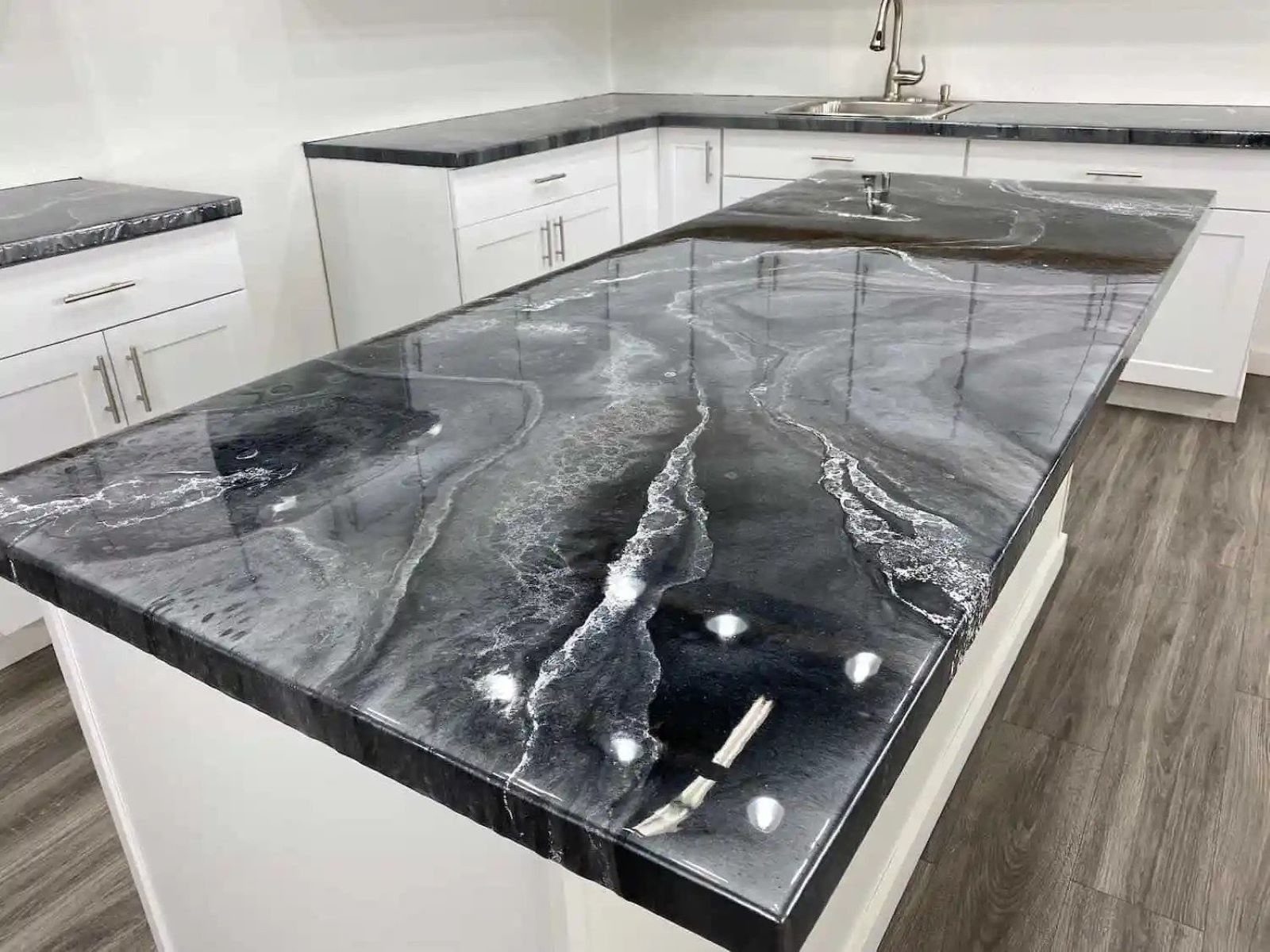
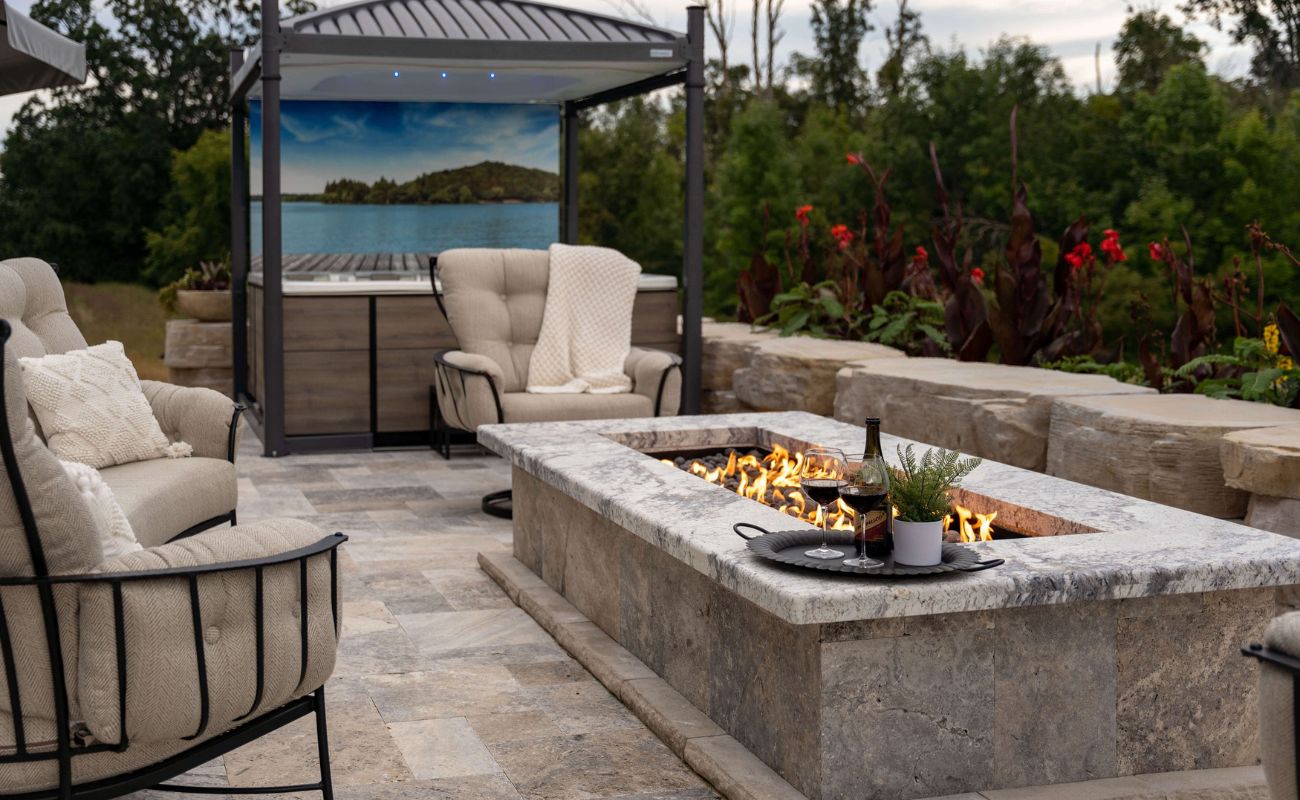
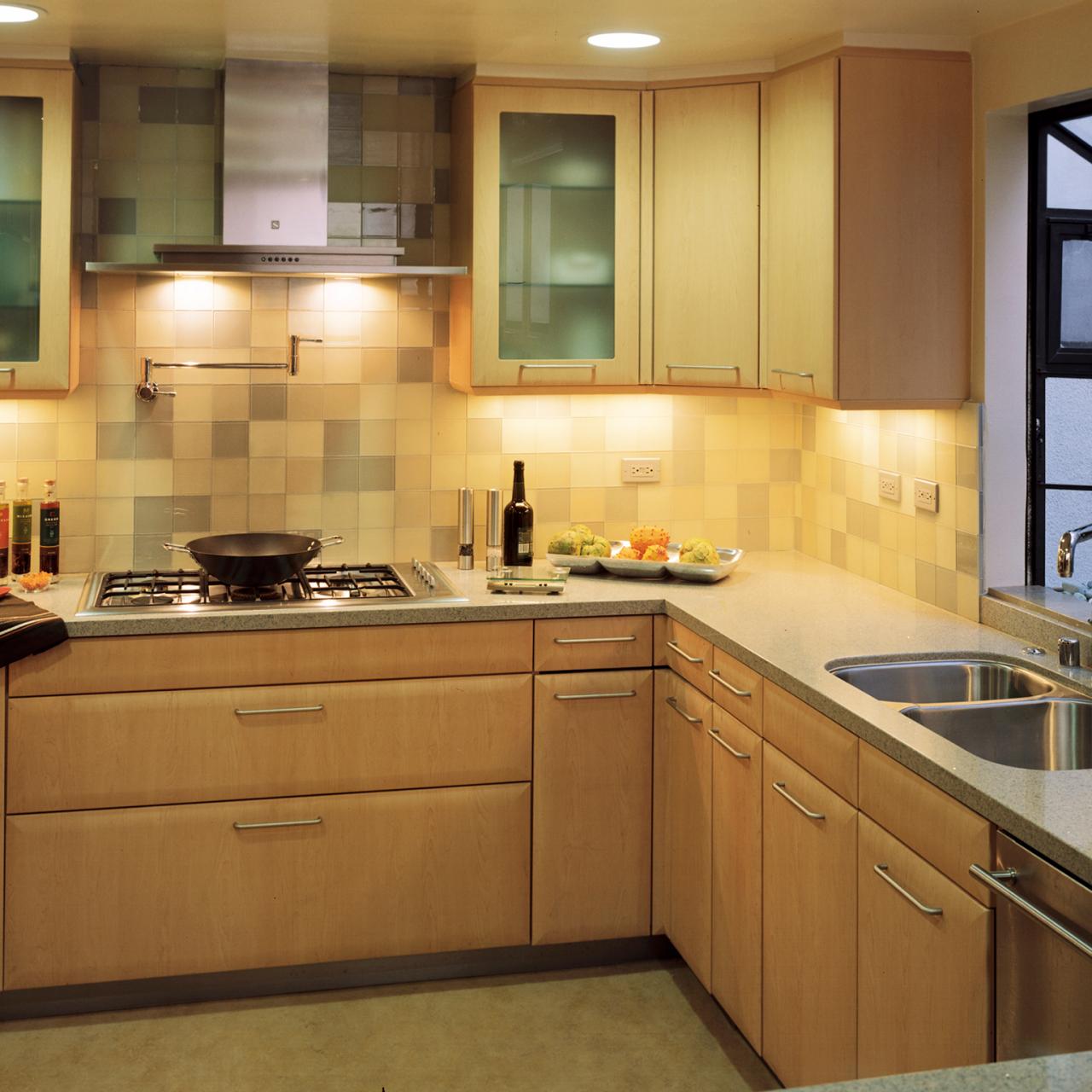
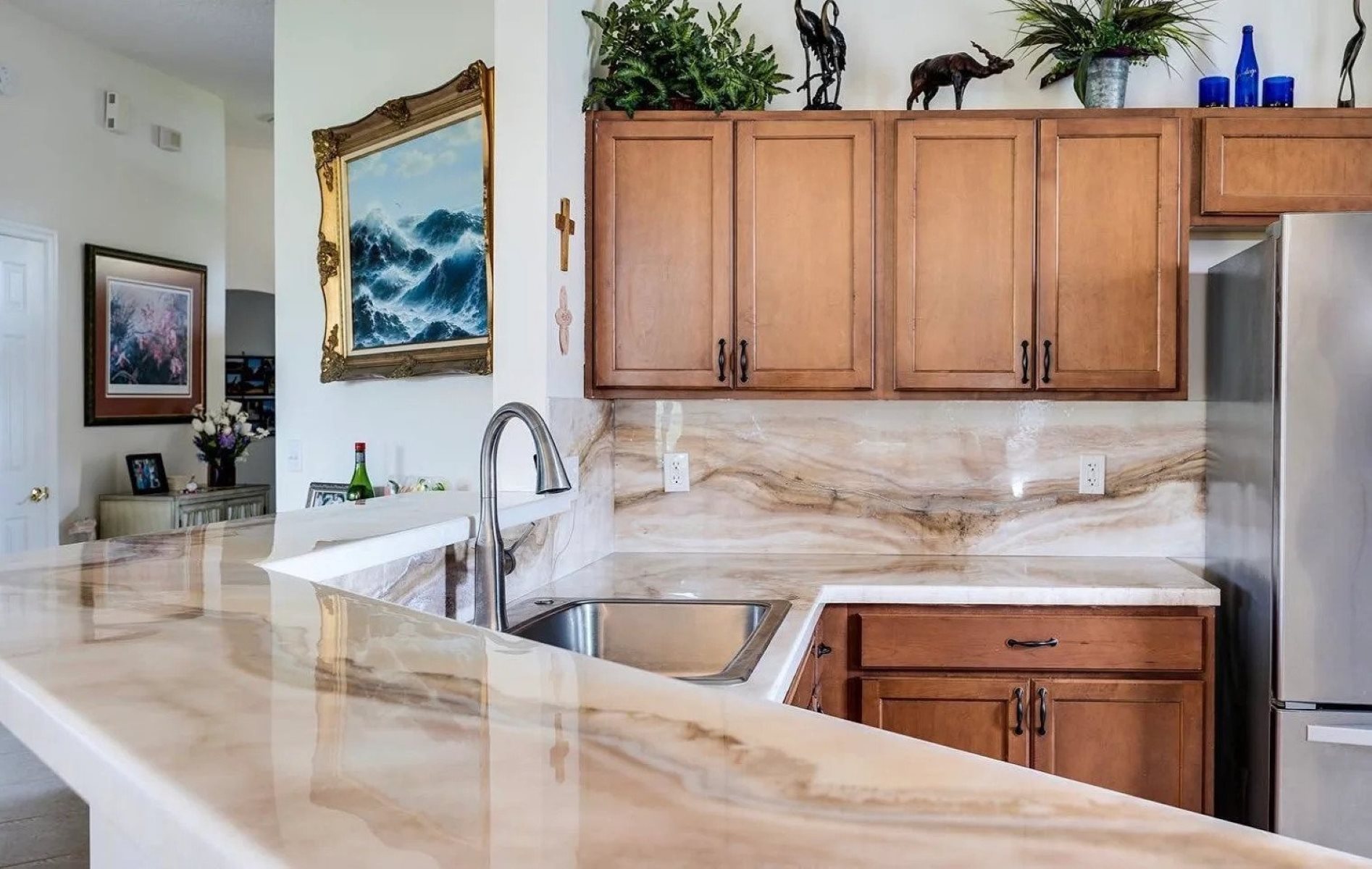

0 thoughts on “How Much Does It Cost To Do Epoxy Countertops”